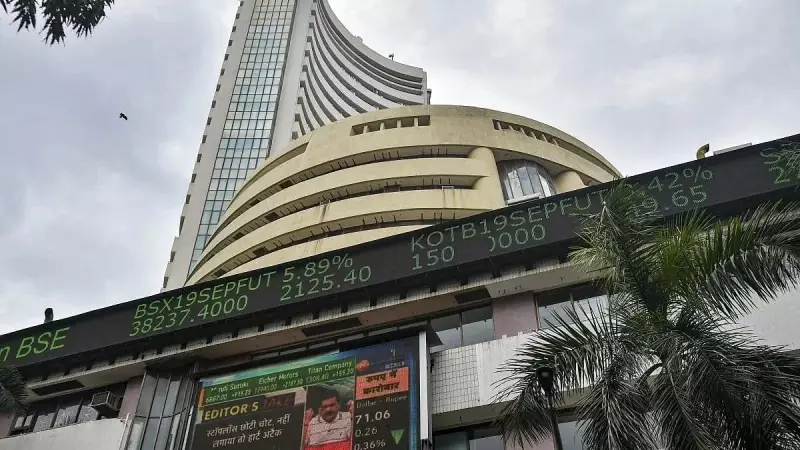
Indian equity benchmarks opened sharply lower on Wednesday, extending their losing streak as foreign portfolio investors continued to pull money out of domestic markets while weak cues from Asian peers added to the bearish sentiment.
Market Opening Bell Rings Warning
The 30-share BSE Sensex plunged 345 points to settle at 72,761 in early trade, while the broader NSE Nifty dropped 92 points to 22,082. The selling pressure was broad-based with most sectoral indices trading in the red.
Foreign Funds Exit Indian Shores
Market analysts pointed to sustained selling by foreign institutional investors (FIIs) as the primary driver behind the downturn. "Foreign portfolio investors have turned net sellers in recent sessions, pulling out substantial capital from Indian equities," said a Mumbai-based market expert. This reversal comes after months of robust foreign inflows that had propelled markets to record highs.
Asian Markets Cast Shadow
The negative trend in Indian markets mirrored the weakness across major Asian bourses. Key indices in Hong Kong, Tokyo, and Seoul were trading lower, reflecting growing concerns about global economic growth and persistent inflation pressures in developed economies.
Sectoral Performance: Banking and IT Hit Hard
Among the major laggards in early trade:
- Banking stocks led the decline with both private and public sector banks facing selling pressure
- IT shares remained under stress amid concerns about global technology spending
- Auto and metal stocks also showed weakness despite recent positive momentum
Market Breadth Turns Negative
The overall market sentiment turned cautious with declining stocks outnumbering advancing ones by a significant margin. The mid-cap and small-cap indices also witnessed profit-booking, indicating that the correction was widespread across market capitalizations.
Expert Views on Market Direction
"While the short-term trend appears bearish, domestic institutional investors continue to provide support," noted a senior analyst at a leading brokerage firm. "The underlying economic fundamentals remain strong, and any significant correction could be seen as a buying opportunity for long-term investors."
Market participants are now closely watching global cues, particularly the US Federal Reserve's policy stance and crude oil price movements, which could determine the near-term direction of Indian markets.






